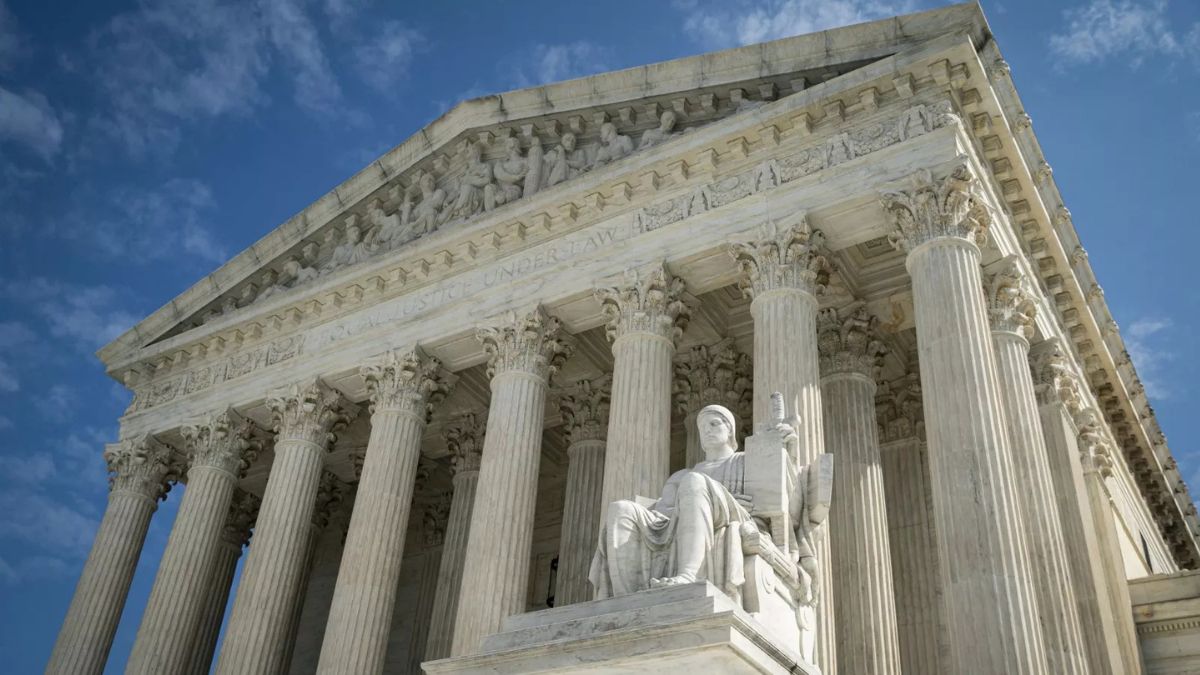

BreakPoint
Salvation Through Psychology
Whether it’s the Columbine shootings, September 11, or Hurricane Katrina, in the wake of the initial crisis, an army of grief counselors descends on the survivors. Is that a good thing? Probably not. In their excellent book One Nation under Therapy, ethicist Christina Hoff Sommers and psychiatrist Sally Satel show how junk science has promoted the notion “that seemingly content and well-adjusted Americans—adults as well as children—are emotionally damaged.” They trace the history of what they call “therapism,” which “valorizes openness, emotional self-absorption and the sharing of feelings.” This trend was popularized by twentieth-century psychologists like Abraham Maslow. He believed—though he had no scientific proof for it—that restraint was unhealthy and that “self-actualization” and high self-esteem were crucial to human development. It was Maslow who said, “I sometimes think that the world will either be saved by psychologists . . . or it will not be saved at all.” We see the fruits of that philosophy everywhere. From schools to talk shows, people are coached to focus on themselves and obsess about their own feelings—in short, to “save themselves” through psychology. No wonder that Jim Windolf, writing in the Wall Street Journal, said, “If you believe the statistics, 77 percent of America’s adult population is a mess. And we haven’t even thrown in alien abductees, road ragers or Internet addicts.” As if it weren’t enough to teach healthy people that they’re emotionally crippled, therapism is most prevalent at disaster sites: Busloads of grief counselors shuttle in—who, the authors point out, are often underqualified. And they offer the wrong medicine. Valid scientific studies show that self-absorption, or self-pity, is actually the worst possible way to respond to tragedy. Study participants who were told to focus on their emotions and express them aloud actually ended up more depressed than those who tried to distract themselves and find constructive ways to cope. We have bought into the myth of “therapism” so completely that after every one of these disasters, these armies of “grief counselors” descend upon us. Well, the good news is that some folks are catching on. After Columbine and September 11, even members of the media saw the failure of the therapeutic model. The Washington Post’s Jonathan Yardley wrote, “Surely there are few sights in the contemporary landscape more repellent than that of these leeches attaching themselves to the stunned, bewildered survivors of affliction, demanding that they give vent to their ‘feelings.’” As I reported in a “BreakPoint” at the time, kids at Columbine were ignoring grief counselors, but flooding the churches. Those kids understood. But the grief counselors, after all, are after clients. That’s what keeps them paid. So after September 11, Sommers and Satel report, grief counselors literally walked the streets trying to recruit patients. One mental health center tried to hire someone to sit in a general practitioner’s waiting room and ask every patient who came in if he or she was having problems dealing with September 11. No wonder people are getting disgusted with in-your-face tactics and pop psychology. What these people do not need is more high pressure. What they really need is counseling from the Great Counselor.
09/29/05















